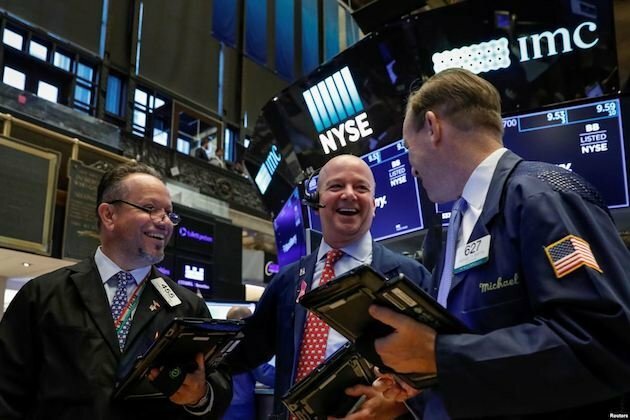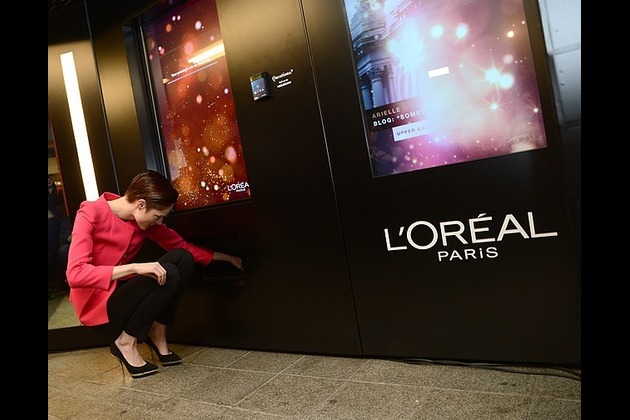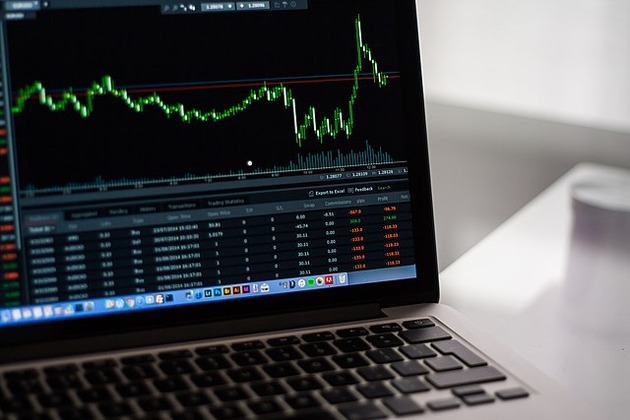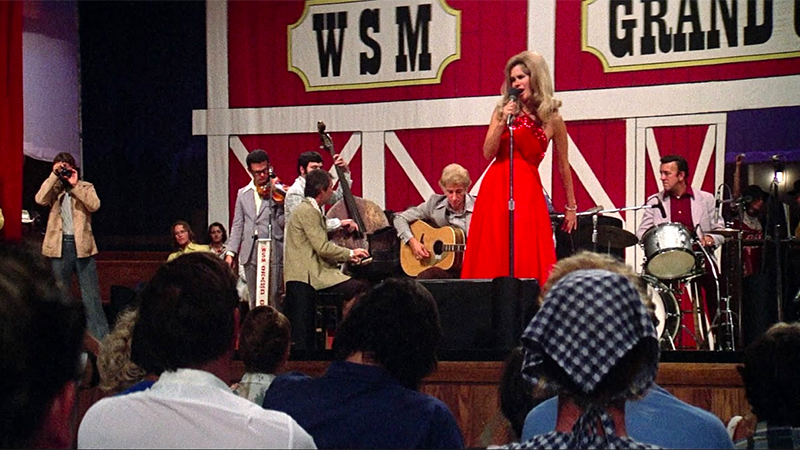Trump's appeals to white anxiety are not 'dog whistles' - they're racism
The Conversation
18 Sep 2020, 18:11 GMT+10
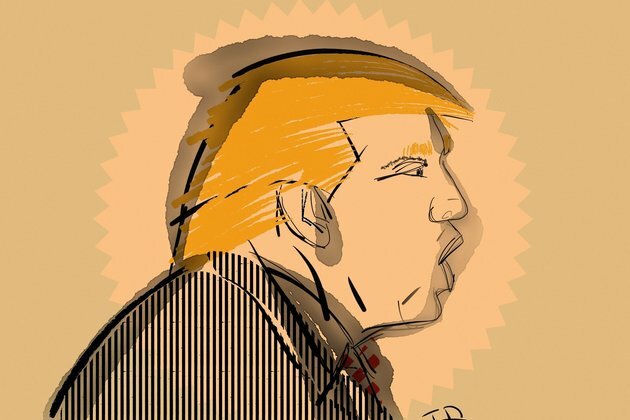
President Donald Trump's rhetoric is often referred to as "dog whistle politics."
In politician speak, a dog whistle is language that conveys a particular meaning to a group of potential supporters. The targeted group hears the "whistle" because of its shared cultural reference, but others cannot.
In 2018, The Washington Post wrote that "perhaps no one has sent more dog whistles than President Trump."
When Trump this year planned a rally in Tulsa, Oklahoma - the site of one of the worst acts of racial terror in U.S. history - on the Black holiday of Juneteenth, the media called the rally a "racist dog whistle." That suggests that white nationalists would view the timing as an overture, while others would miss the date's racism. Journalists have also referred to Trump calling COVID-19 "the China virus" as a dog whistle.
Dog whistles
If so, Trump wouldn't be the first politician to do dog whistle politics. My political psychology research has found that George W. Bush used religious dog whistles quite effectively.
When Bush said during his 2003 State of the Union address that the American people had a "wonder-working power," it probably sounded like a nice turn of phrase to most Americans. But evangelical Christians heard a line from the hymn "Power in the Blood" and understood that the president was one of them.
In a 2004 presidential debate, Bush said he wouldn't nominate a Supreme Court justice who agreed with the 1857 Dred Scott decision, which ruled that a formerly enslaved man had no right to citizenship. Dred Scott is broadly viewed as a travesty of racial justice.
But Christian conservatives see in the decision parallels with Roe v. Wade - the Supreme Court case that protects abortion rights - because in their view, both reflect judicial overreach and human rights violations. So what evangelicals heard in Bush's Dred Scott comment was that he, like them, opposed Roe v. Wade.
True dog whistles rely on there being an "outgroup" that can't hear the politician's coded message. They are so specifically targeted that there's no need to deny their coded meaning because no one outside the intended audience even hears them.
Coded speech
This is why the term "dog whistle" does not accurately describe Donald Trump's rhetoric. When Trump talks about "rapists" from Mexico, "shithole countries" in Africa and white supremacists as "very fine people," the racial connotation isn't hidden - it is obvious.
"This isn't just a wink to white supremacists," said Sen. Kamala Harris in a tweet about Trump's planned Tulsa rally. "[H]e's throwing them a welcome home party."
As language and culture change over time, dog whistles evolve, too.
In the 1980s and 1990s concepts like "law and order" and "inner city" - phrases well used by Ronald Reagan and George H.W. Bush - might have functioned as political dog whistles. Appealing to white suburbanites' perception of cities as crime-ridden places overrun with Black and Latino people, they therefore signaled their intent to use the law against people of color to protect white people. Plausibly, 30 years ago, the racial meaning of the phrases might have evaded other listeners.
Today news coverage shows that Americans broadly understand the racial connotations when Donald Trump talks about "restoring law and order" and protecting "the suburbs." Such phrases are no longer dog whistles, though they are still referred to as such.
Incorrectly characterizing Trump's racist rhetoric - like calling lies "alternative facts" - obscures the serious problems in this administration's politics. It suggests that most Trump supporters are missing his appeals to white fear and resentment, not ignoring or endorsing them.
Saying the quiet part out loud
But Trump's racism is not lost on voters.
One 2020 poll by The Washington Post/Ipsos found that eight in 10 Black Americans think Donald Trump is racist. Another, from Yahoo!/YouGov, found that 86% of Democrats and 56% of independents think Donald Trump is racist.
[Deep knowledge, daily. Sign up for The Conversation's newsletter.]
Meanwhile, only 13% of Republicans consider Trump racist. His supporters usually say he's just a plain-spoken leader who tells it like it is. This turns the dog whistle notion on its head: It's the outgroup that's picking up on the hidden message in Trump's rhetoric, while the ostensible target group takes his words literally.
Trump says the quiet part out loud. There is both honesty and danger in that.
Author: Bethany Albertson - Associate Professor, University of Texas at Austin 
 Share
Share
 Tweet
Tweet
 Share
Share
 Flip
Flip
 Email
Email
Watch latest videos
Subscribe and Follow
Get a daily dose of China National News news through our daily email, its complimentary and keeps you fully up to date with world and business news as well.
News RELEASES
Publish news of your business, community or sports group, personnel appointments, major event and more by submitting a news release to China National News.
More InformationBusiness
SectionStandard and Poor's 500 and and Nasdaq Composite close at record highs
NEW YORK, New York -U.S. stock markets closed with broad gains on Thursday, led by strong performances in U.S. tech stocks, while European...
Persson family steps up H&M share purchases, sparks buyout talk
LONDON/STOCKHOLM: The Persson family is ramping up its investment in the H&M fashion empire, fueling renewed speculation about a potential...
L'Oreal to buy Color Wow, boosts premium haircare portfolio
PARIS, France: L'Oréal is making a fresh play in the booming premium haircare segment with a new acquisition. The French beauty conglomerate...
Robinhood launches stock tokens for EU investors, adds OpenAI
MENLO PARK, California: Robinhood is giving European investors a new way to tap into America's most prominent tech names — without...
Wall Street diverges, but techs advance Wednesday
NEW YORK, New York - U.S. stocks diverged on Wednesday for the second day in a row. The Standard and Poor's 500 hit a new all-time...
Greenback slides amid tax bill fears, trade deal uncertainty
NEW YORK CITY, New York: The U.S. dollar continues to lose ground, weighed down by growing concerns over Washington's fiscal outlook...
Asia Pacific
SectionDalai Lama to address Buddhist conference, reveal succession plan
DHARAMSHALA, India: The Dalai Lama is set to address a significant three-day conference of Buddhist leaders this week, coinciding with...
Beijing crowds cheer AI-powered robots over real soccer players
BEIJING, China: China's national soccer team may struggle to stir excitement, but its humanoid robots are drawing cheers — and not...
COVID-19 source still unknown, says WHO panel
]LONDON, U.K.: A World Health Organization (WHO) expert group investigating the origins of the COVID-19 pandemic released its final...
DeepSeek faces app store ban in Germany over data transfer fears
FRANKFURT, Germany: Germany has become the latest country to challenge Chinese AI firm DeepSeek over its data practices, as pressure...
UN Demands End to Myanmar Violence as Junta’s Election Plans Risk Further Instability
Nearly three months after a devastating earthquake struck Myanmar, the country remains trapped in a deepening crisis, compounded by...
Fresh IVF error raises alarm over clinic safety and oversight
MELBOURNE, Australia: A second embryo mix-up in just two months has pushed one of Australia's largest IVF providers back into the spotlight,...

